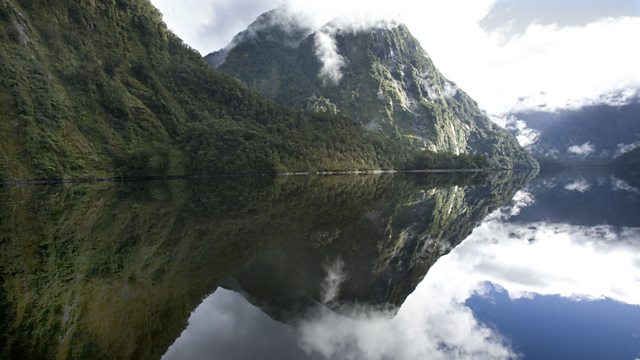Nature
Melvyn Bragg discusses the history of manβs attempt to define nature, including the Ancient Greekβs quest to demonstrate the wrath of the gods and the Romantics who set out to philosophise it.
Melvyn Bragg and guests discuss the attempt to define humanityβs part in the natural world. In Childe Haroldβs Pilgrimage Lord Byron wrote:βThere is a pleasure in the pathless woods, There is a rapture on the lonely shore,There is society where none intrudes,By the deep Sea, and music in its roar:I love not man the less, but Nature more.β In the Bibleβs book of Genesis, βnatureβ was the paradise of Eden, but for the philosopher Thomas Hobbes it was a place of perpetual war, where the life of man was βsolitary, poore, nasty, brutish and shortβ. The defining of Nature, whether βred in tooth and clawβ or as the fount of all innocence, is an attempt to define manβs origins and purpose and humanityβs part in the natural world. With Jonathan Bate, Professor of English Literature at the University of Warwick; Roger Scruton, Professor of Philosophy at the University of Buckingham; Karen Edwards, Lecturer in English at the University of Exeter.
Last on
Broadcasts
- Thu 10 Jul 2003 09:02ΒιΆΉΤΌΕΔ Radio 4
- Thu 10 Jul 2003 21:30ΒιΆΉΤΌΕΔ Radio 4
Featured in...
![]()
Science—In Our Time
Scientific principles, theory, and the role of key figures in the advancement of science.
In Our Time podcasts
Download programmes from the huge In Our Time archive.
The In Our Time Listeners' Top 10
If youβre new to In Our Time, this is a good place to start.
Arts and Ideas podcast
Download the best of Radio 3's Free Thinking programme.
Podcast
-
![]()
In Our Time
Melvyn Bragg and guests discuss the ideas, people and events that have shaped our world.



